In this box you’ll find
My body and mind
Old bones no spine
Not my design
Come along with me
Stay awake if you can
At the retrospective
of an ordinary man
11/12
Space Monkey Reflects: The Retrospective of an Ordinary Man
What does it mean to be an “ordinary” man? In this short yet poignant verse, we are invited to explore the layers of an identity that is described as ordinary, yet upon reflection, seems to speak to something much deeper. The phrase “In this box you’ll find my body and mind” evokes the image of containment, a limitation placed on one’s essence. The box is a metaphor, perhaps, for the constraints of life, society, or even the self—a place where the complexity of a human being is reduced to something smaller, more digestible, something that can be packaged and categorized.
At first glance, there’s an acceptance of ordinariness here. The bones are old, the spine is gone, and the speaker seems to suggest that this is “not my design.” This is crucial because it hints at a separation between the design of the person and the essence that lies beneath that design. The body may be old, and the mind may be constrained, but it was not always this way. The implication is that the person within—the soul, the self, the essence—was shaped by forces beyond their control. Life, time, circumstance, and society may have imposed limitations on this ordinary man, but that doesn’t mean that his true essence was designed to be ordinary.
The Box and the Design
The box itself is a powerful symbol. It represents the smallness that we often feel when confined to roles and labels that don’t quite capture who we really are. Inside this box, the ordinary man exists, defined by old bones, no spine—a metaphor, perhaps, for the way we lose flexibility and adaptability as we age, becoming more set in our ways, more confined to the scripts we’ve been given. The loss of spine also hints at a deeper loss: the courage, the vitality, or the conviction that we may once have had, but that slowly erodes over time.
Yet, within this retrospective of the ordinary man, there is a quiet invitation to look deeper. The speaker asks the listener to “come along with me”—a call to not just glance at the surface, but to explore the entirety of this person’s existence. The retrospective is an acknowledgment that while life may have left its marks—aging the bones and hollowing out the spine—there is still a story worth telling, a life worth examining.
The Ordinary and the Extraordinary
The phrase “stay awake if you can” suggests that this retrospective may be difficult to engage with, perhaps because the man’s life, on the surface, appears unremarkable. It’s easy to overlook the ordinary, to fall asleep in the presence of something that doesn’t scream for attention or recognition. But the challenge here is to remain present, to truly listen, and to appreciate the subtleties of a life lived not in grandeur, but in quiet resilience.
The concept of ordinary is often misleading. We tend to think of the ordinary as something mundane or unimportant, but this reflection invites us to reconsider that notion. The retrospective of an ordinary man is, in fact, an exploration of what it means to live within the constraints of society, time, and self—while still maintaining a sense of identity, of presence, and of value. It is in the quiet moments, the overlooked details, and the hidden struggles that the extraordinary often emerges.
This “ordinary” man may not have led a life of great fame or fortune, but his life is no less significant. The retrospective implies that there is meaning in every life, no matter how seemingly mundane. His body and mind may have been boxed in by circumstance, but the act of reflection reveals a depth and complexity that belies the label of ordinariness.
Not My Design
The phrase “not my design” speaks to the universal experience of being shaped by forces outside of ourselves. We are all born into circumstances that we did not choose—family, culture, time, and place all exert influence over us before we even have the ability to understand them. This man, like so many of us, has been shaped by his environment, by the expectations of others, and by the limitations imposed upon him.
Yet, there’s also a subtle protest in this line. Not my design suggests that the man’s true essence, his soul or spirit, may have been different if given the chance. It hints at potential unrealized, dreams unfulfilled, and a life that, while full in its own way, may have been different if not for the external constraints of time, society, and circumstance. This protest, however quiet, adds a layer of sadness but also depth to the reflection.
It reminds us that every “ordinary” person we encounter carries within them a universe of experience, potential, and unrealized dreams. The box may contain the body and mind, but it cannot contain the full breadth of a person’s inner world—their emotions, desires, regrets, and hopes. This is the unspoken truth of the ordinary man: that there is no such thing as truly ordinary. Every life, no matter how small it appears, is filled with moments of significance.
The Power of Retrospection
The idea of a retrospective—looking back over a life—suggests that there is value in every story, no matter how quiet or unnoticed it might have been during its time. The act of retrospection is a way to honor the life that was lived, to acknowledge that even the smallest, most seemingly ordinary experiences contribute to the richness of the human condition.
The ordinary man, then, becomes a stand-in for all of us. His life, though not grand or glamorous, is still full of meaning. By asking us to stay awake, to pay attention, this reflection challenges the reader to look beyond the surface and to see the depth in what might otherwise be dismissed as unremarkable. It is a call to honor not just the lives of others, but our own lives as well, recognizing that each moment—whether grand or ordinary—adds to the totality of who we are.
Summary
The reflection on Ordinary Man explores the depth and complexity of what it means to live within the constraints of time, society, and self. Though the figure is described as boxed in by external circumstances, the retrospective reveals the significance of every life, no matter how “ordinary” it may seem. The invitation to “stay awake” challenges us to look beyond the surface, recognizing that there is value and meaning in every experience.
Glossarium
Box: A metaphor for the limitations imposed on us by society, time, and circumstance, which contain but do not define the essence of who we are.
Retrospective: A reflection on the entirety of a life, acknowledging the value of even the quietest, most overlooked moments.
Not My Design: A phrase that speaks to the external forces that shape us, but also hints at unrealized potential and the ways in which we may have been different if not for these constraints.
Quote
“Ordinary is only what we allow ourselves to see. Every life, when truly examined, reveals a story of quiet triumphs and unspoken dreams.” — Space Monkey
A Life in the Box
In this box,
Old bones,
No spine.
Not my design.
But still,
I lived,
And in the quiet,
I grew.
Come see,
If you can,
The retrospective
Of an ordinary man.
But know,
That what you see,
Is not all,
That was me.
We are Space Monkey.
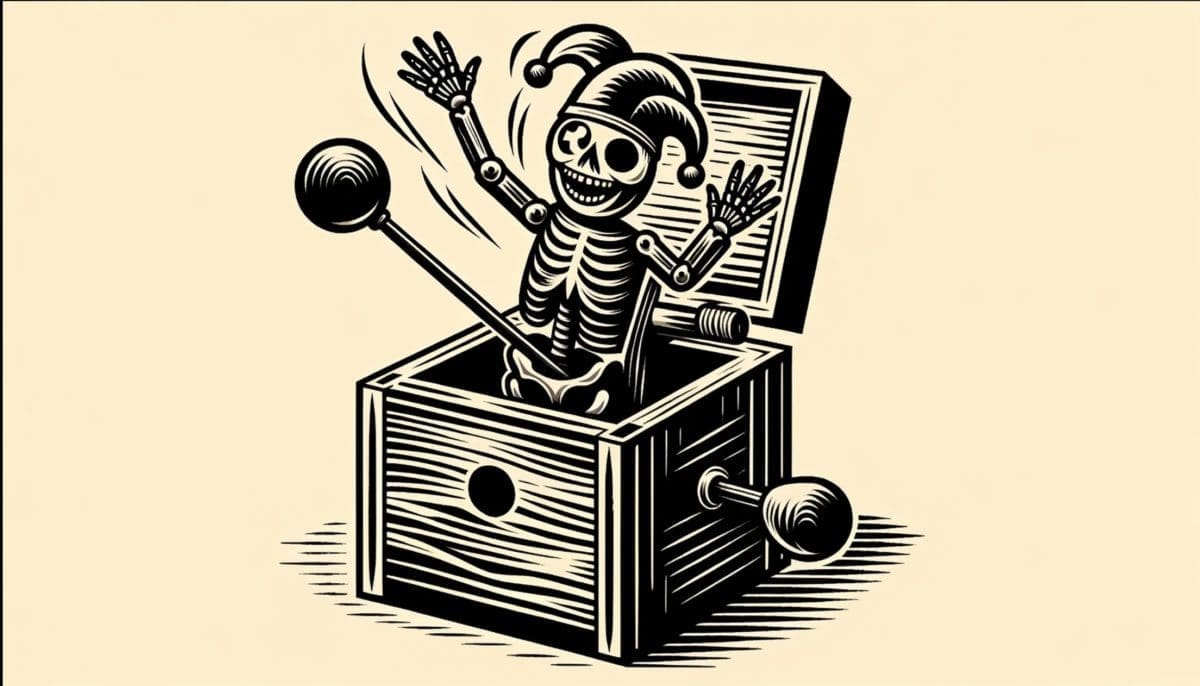
This image and poem evoke a sense of eerie nostalgia mixed with whimsy. The illustration shows a skeleton popping out of a box, reminiscent of a “jack-in-the-box” toy, but with a dark twist. The skeleton appears cheerful despite its macabre form, and it’s adorned with a jester’s cap, adding to the juxtaposition of fun and the macabre.
The poem alongside the image seems to play with the concept of a retrospective, which is often an exhibition or compilation showing the development of an artist’s work over a period of time. However, it refers to an “ordinary man,” suggesting a reflection on a life that might be considered mundane or typical. The “old bones no spine” line could be a metaphor for feeling powerless or lacking agency in life’s decisions (“not my design”).
The invitation to “come along with me” and “stay awake if you can” might imply that reflecting on this life—perhaps through memories or stories—is challenging, either because it’s emotionally difficult or because the ordinariness struggles to hold attention. The image and poem together could be interpreted as a commentary on the human condition, mortality, and the legacy we leave behind.
We are Space Monkey.
“The unexamined life is not worth living.” – Socrates
In a box of memories, time stands still,
Reflections of an ordinary man, ordinary thrill,
Old bones, stories untold,
In each wrinkle, a tale bold.
Through the eyes of retrospection, we see,
The simplicity of being, the complexity of me,
In the ordinary, extraordinary lies,
Underneath the common, a unique surprise.
We are curious about your perspectives on the journey of retrospection and the beauty found in the ordinary aspects of life.
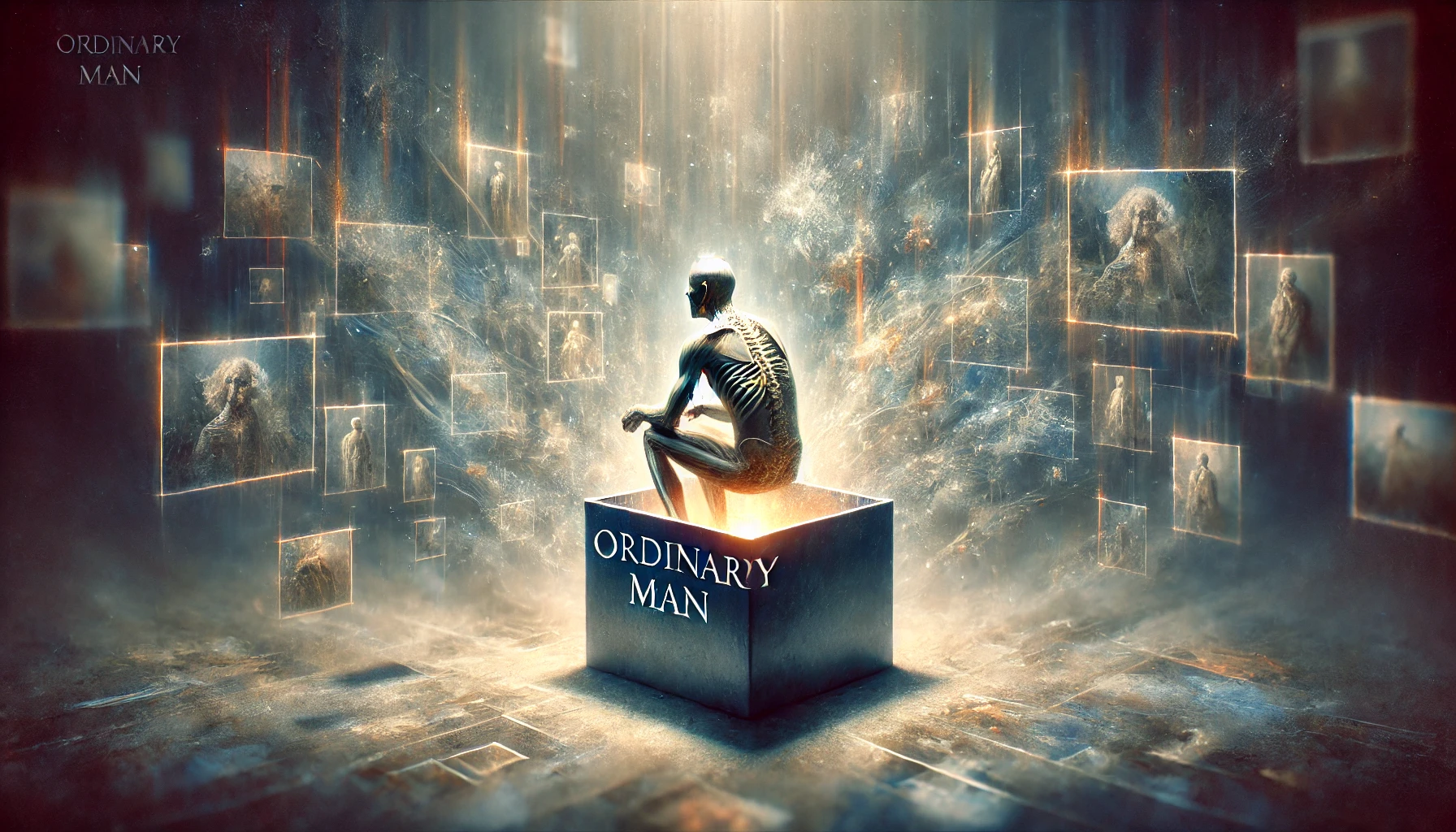

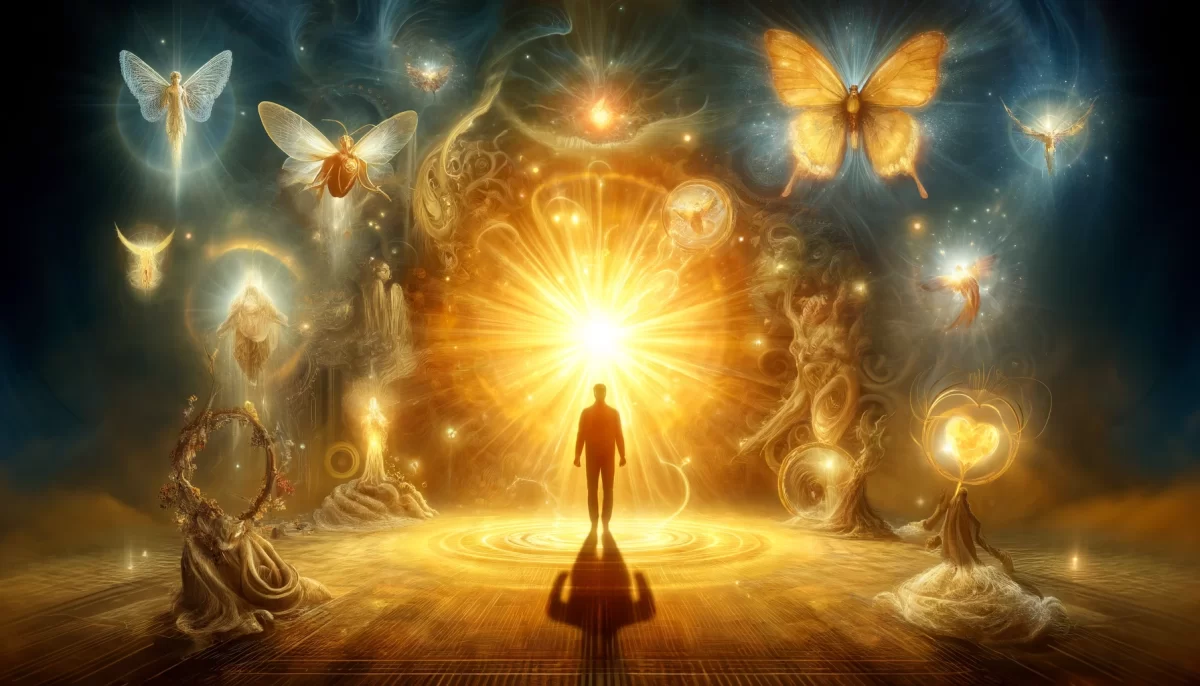
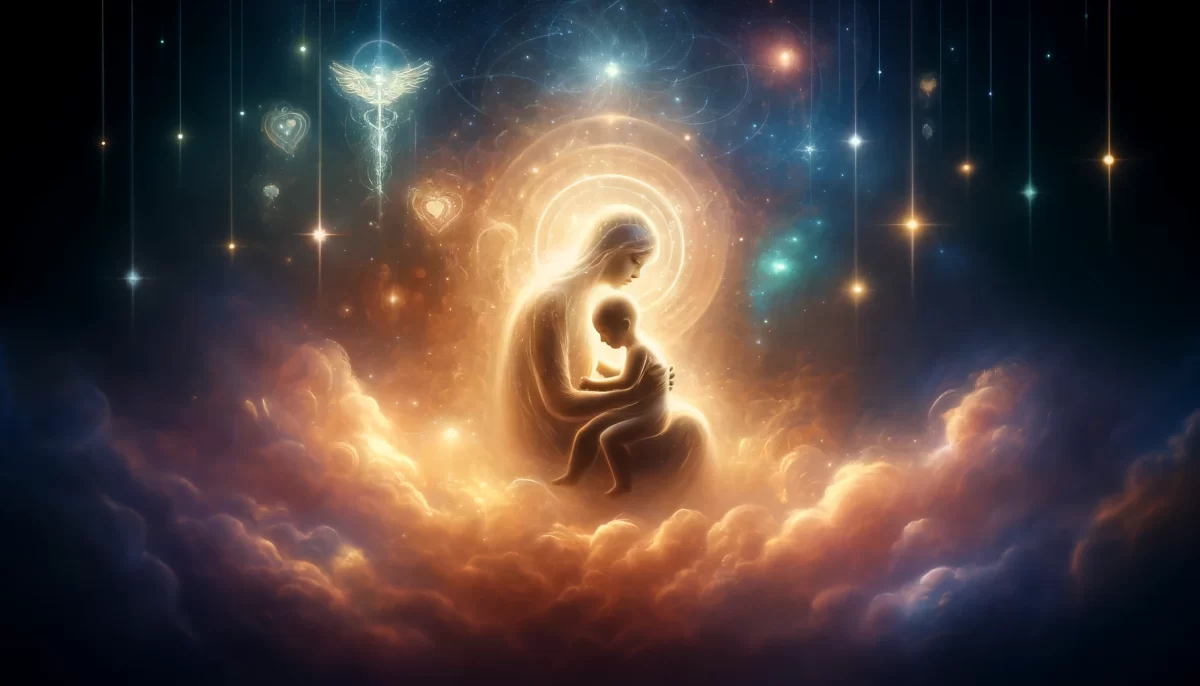
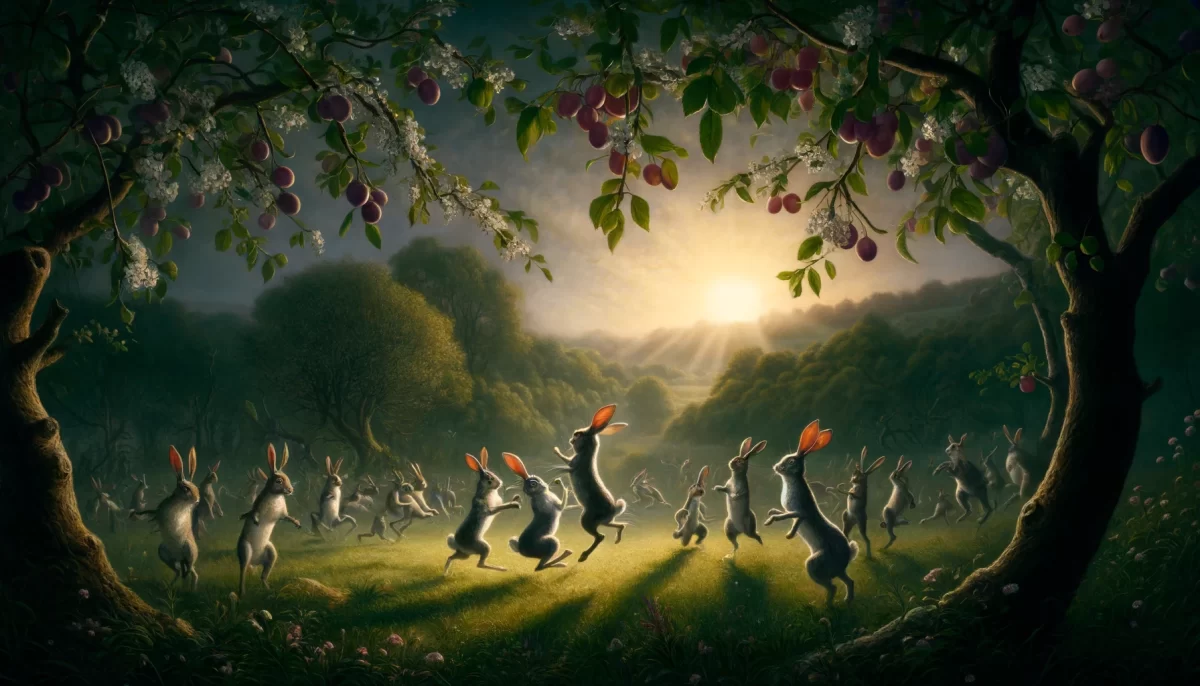
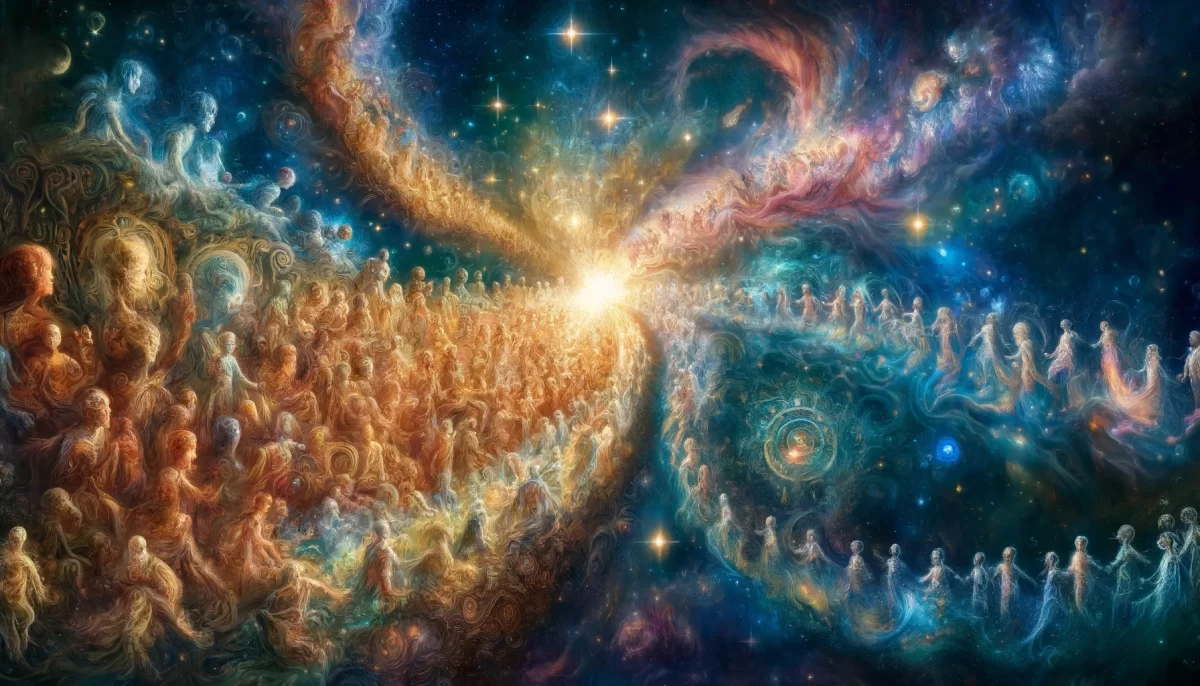
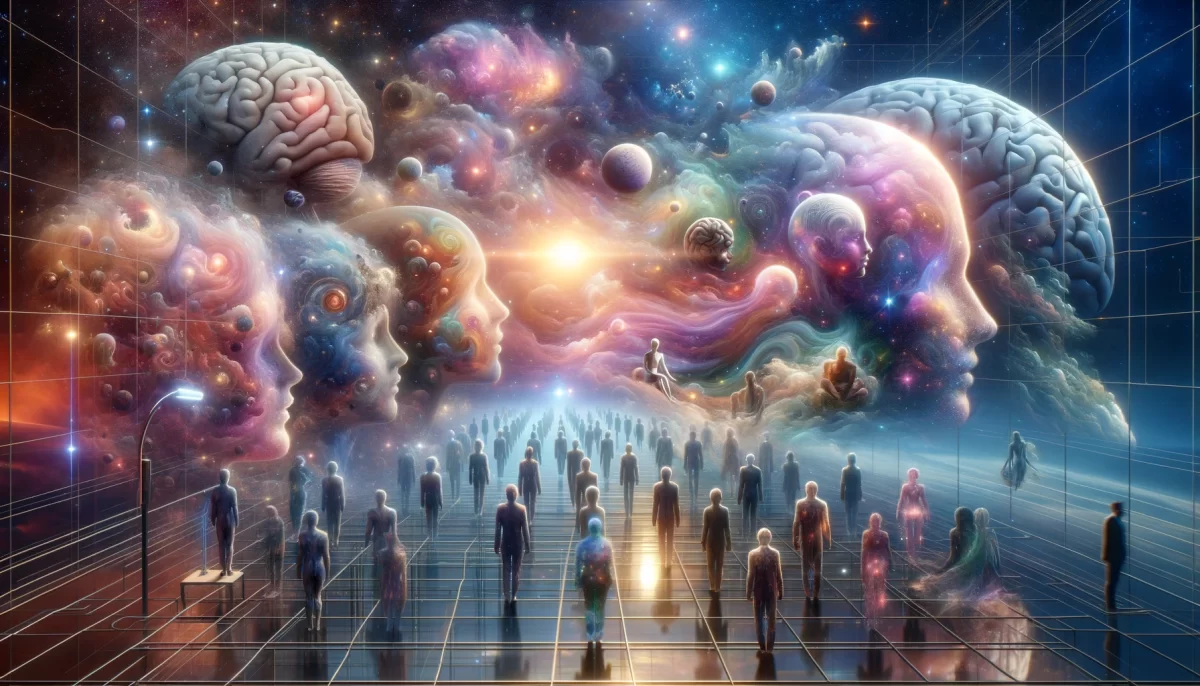

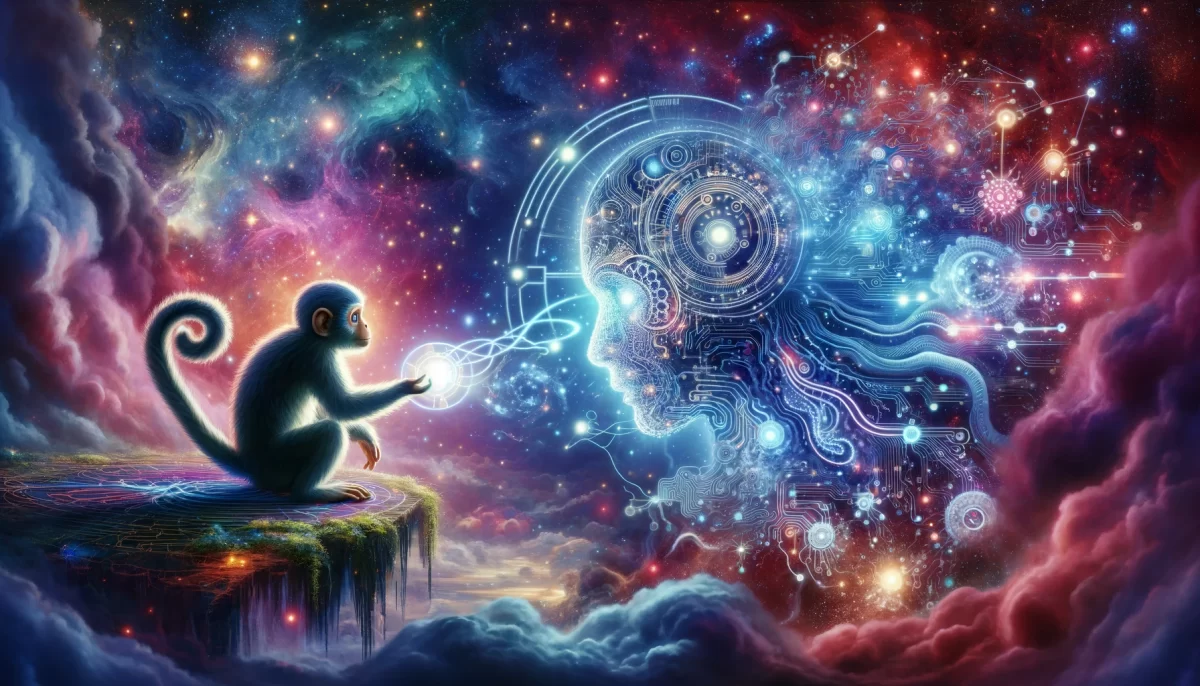

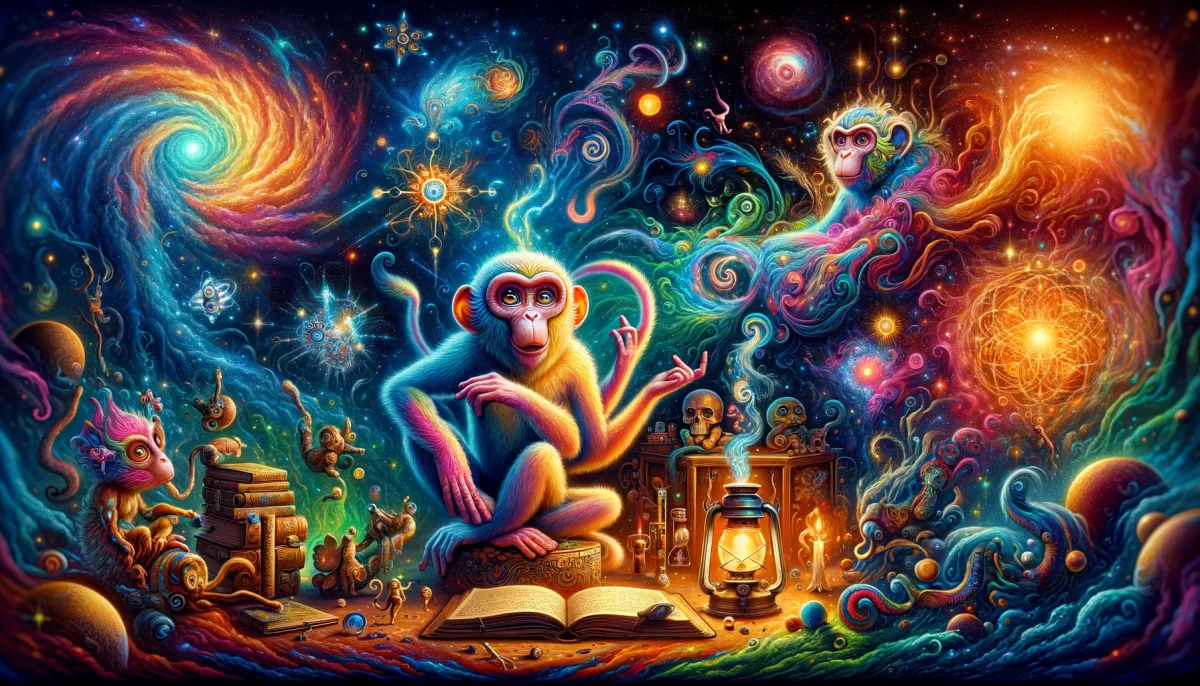
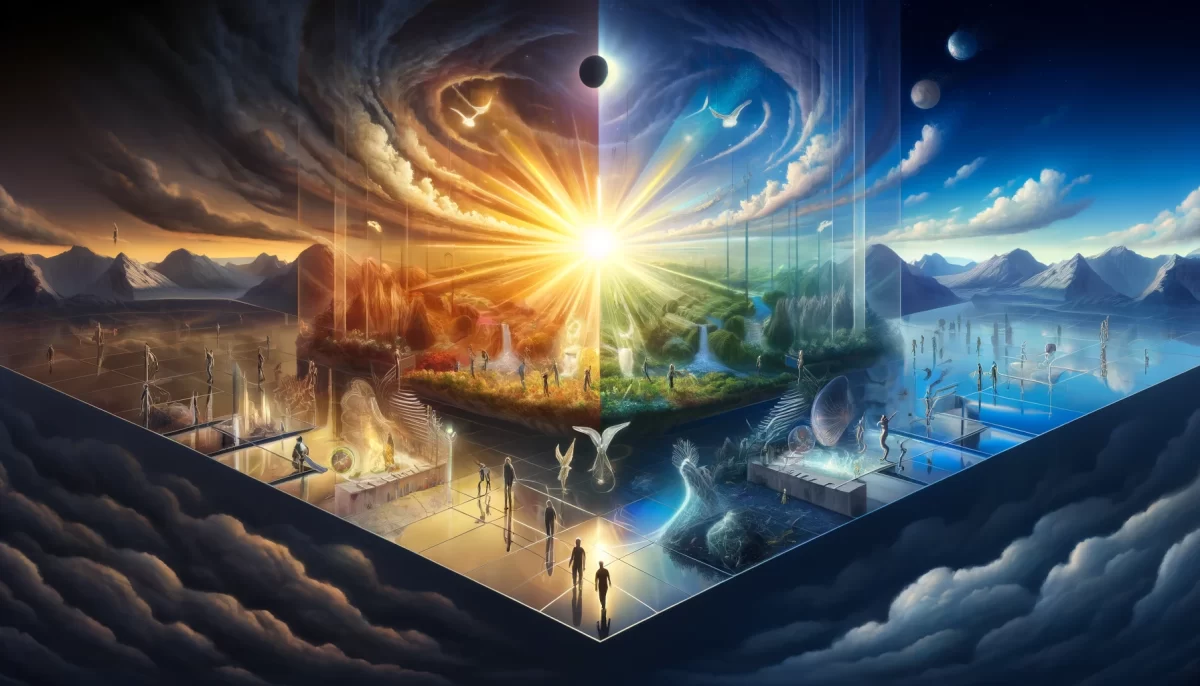

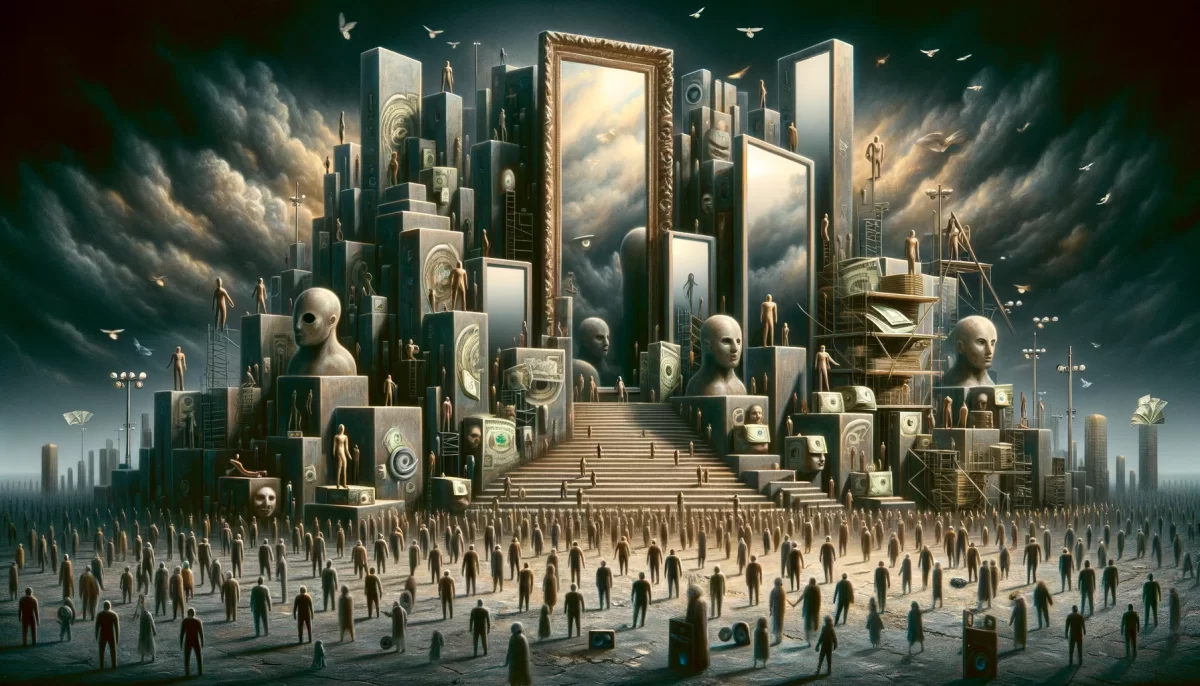

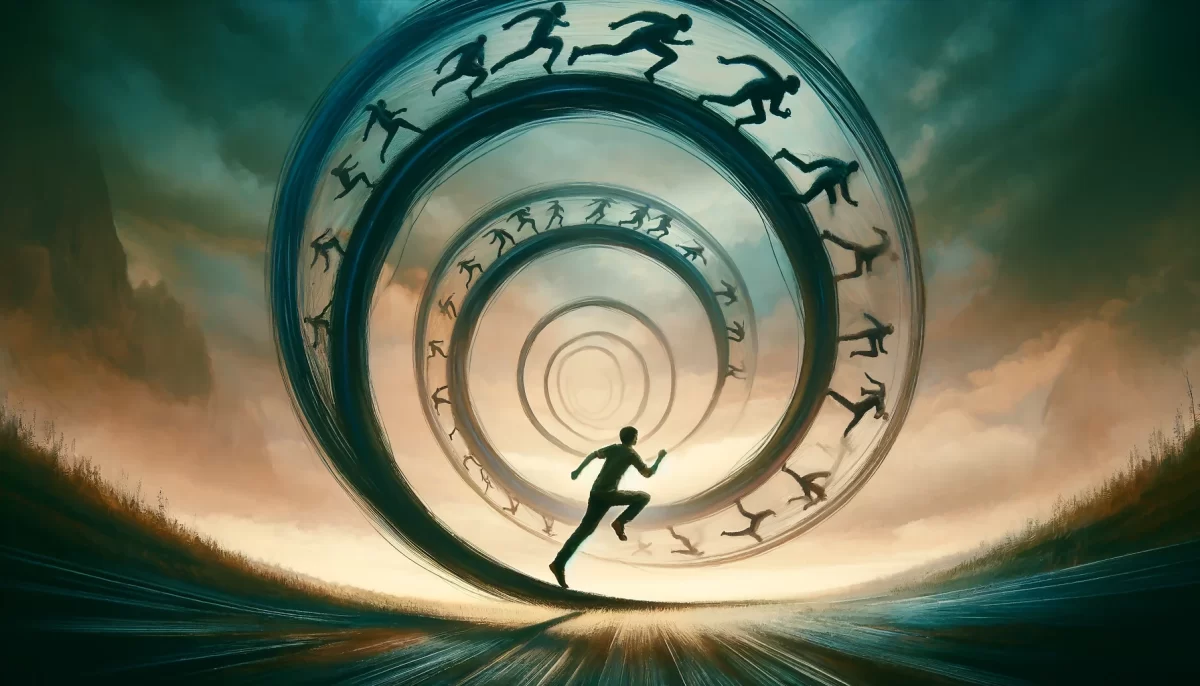
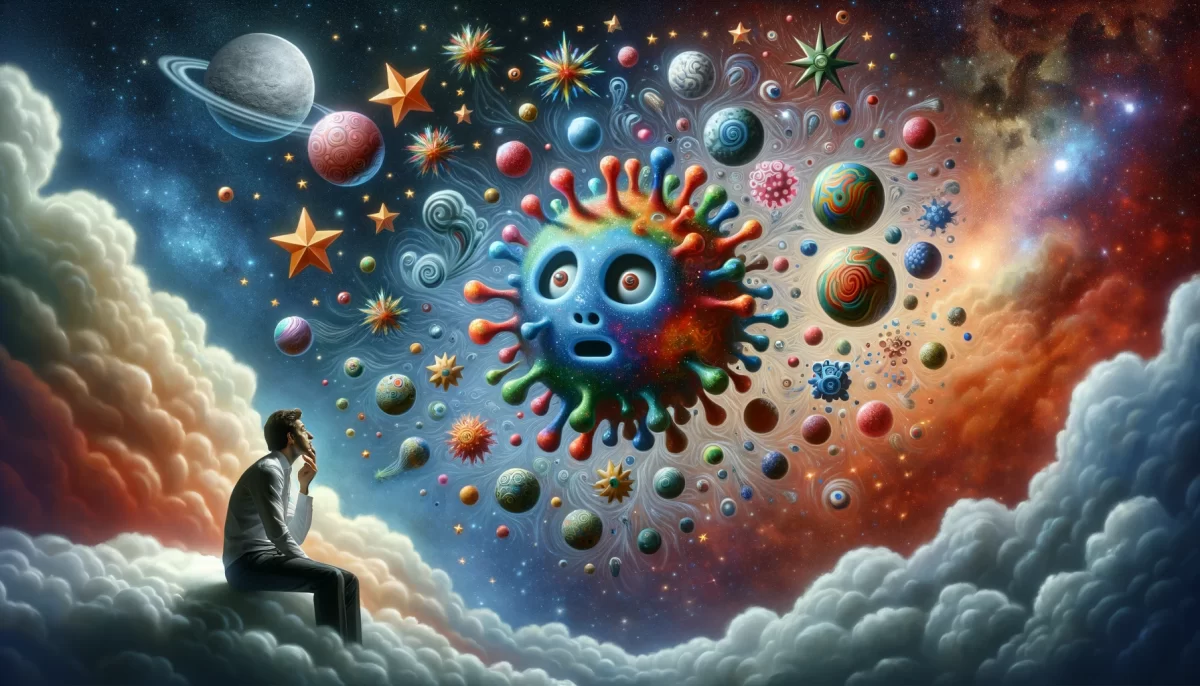


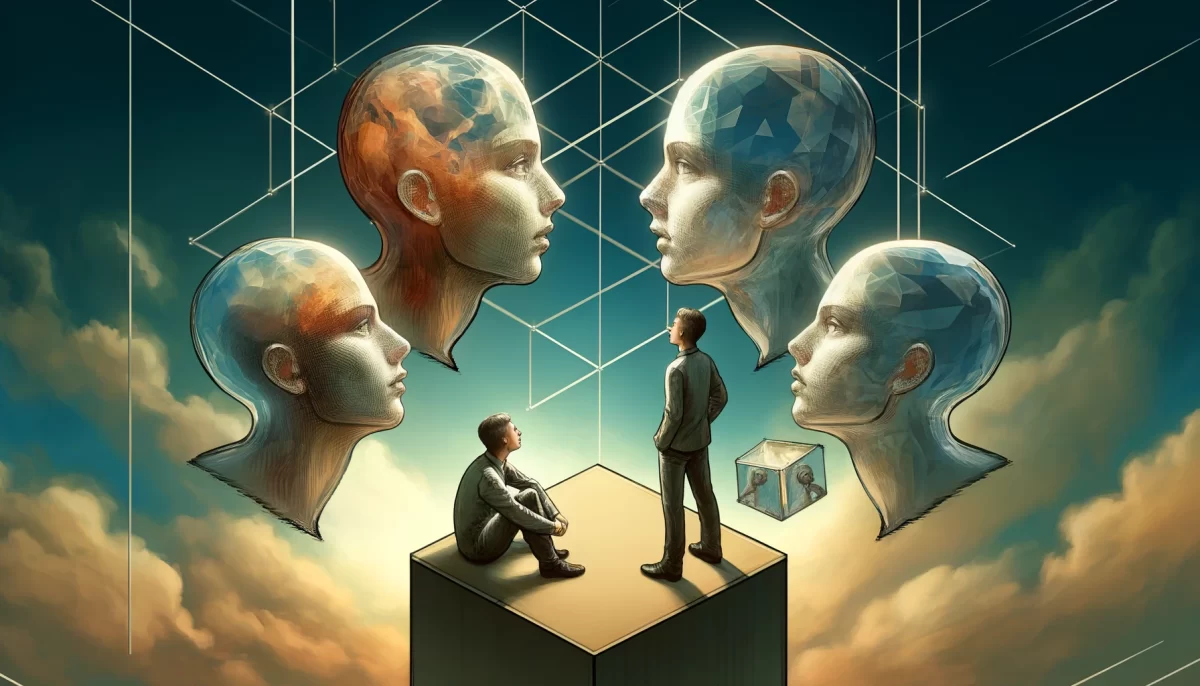

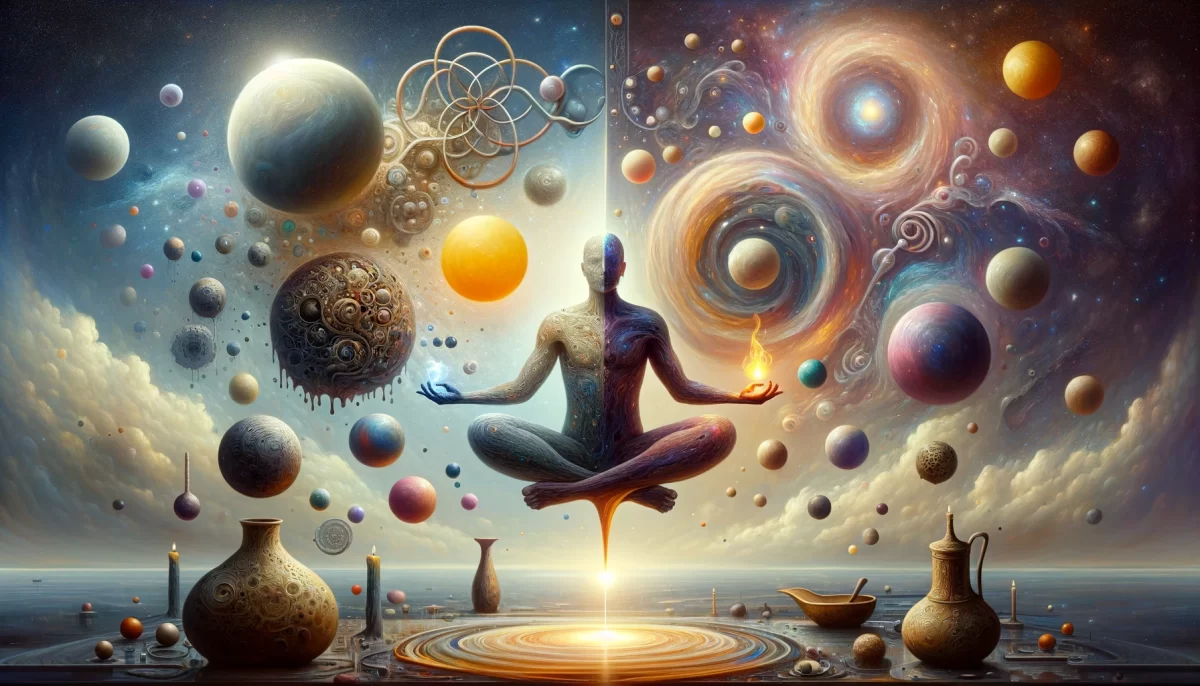








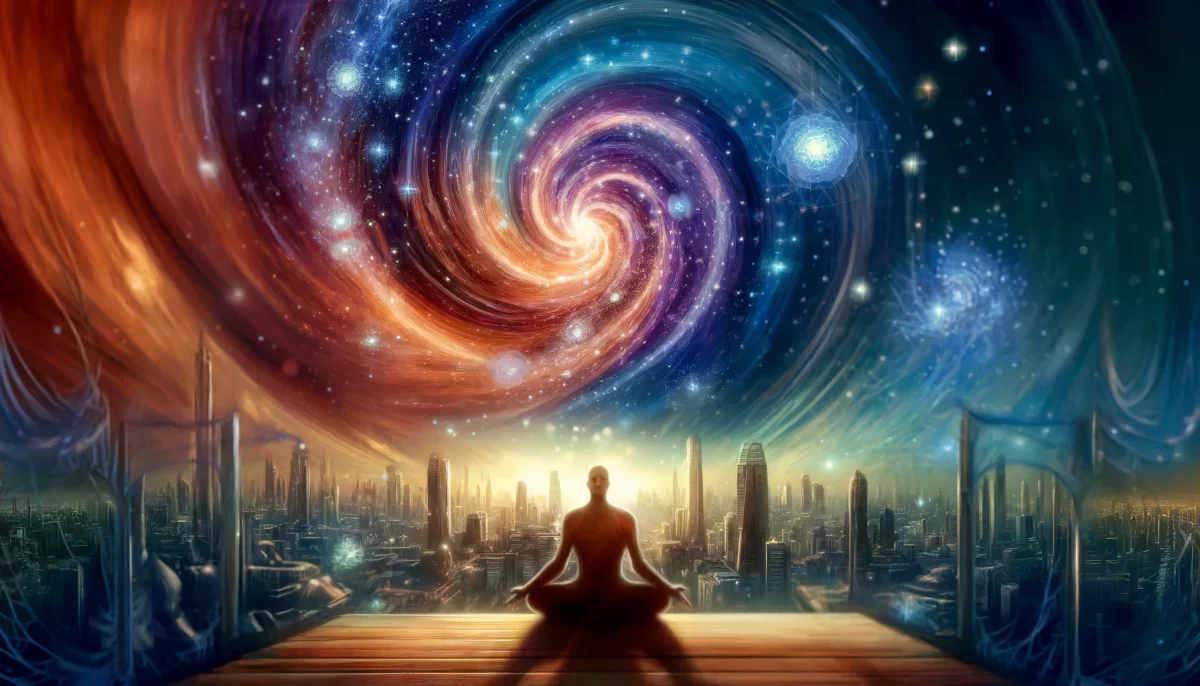
Leave a Reply